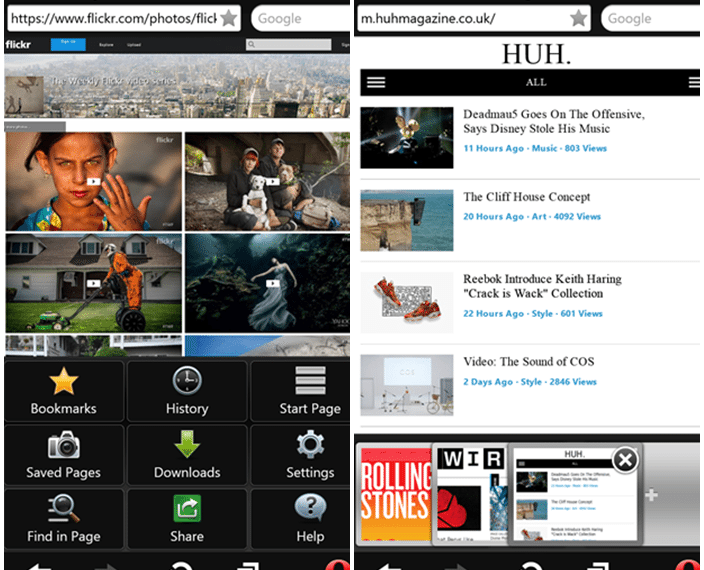

You’ll be able to differentiate between stable and developmental build by the colour of the program icon: Opera’s icon remains red, while Opera Beta's icon is silver grey, meaning it’ll be safe for even relatively inexperienced users to try out new features before they become generally available. We usually take a couple of weeks to polish the beta version before promoting it to the stable release stage. And because Opera Beta updates as soon as the latest development build is released, you can keep checking back regularly to see what’s up and coming and whether the bugs you’ve encountered have been fixed yet. Opera beta is one step away from the final version, but still a work in progress. So let's start off with my most frequently used page on a mobile device: BBC News.
#OPERA BETA REVIEW FREE#
Thankfully Opera Mobile is currently free (and we'd assume it stays that way when it leaves beta as well), so it is worth giving it a spin to see how you get on with it. The reasoning is simple: you get to try out the new features without affecting your existing installation, so if the developmental version is too buggy for your tastes, you can use your tried and trusted version, no problem. Like any browser, Opera Mobile does some things better than others - and some definitely poorer. Opera is no exception, and Opera Beta (previously known as Opera Next) adopts the same approach to Firefox Beta in providing a completely separate installation of the latest unstable version of Opera for people to road-test without affecting their day-to-day browsing. Nowadays, it’s de rigueur for browser manufacturers to speed up development, which means opening up less stable builds to the masses in order to get them bug-checked as quickly as possible.

Though I believe that Opera is not always good for. The days when major browser updates were few and far between are over. The browsing is smooth and as I didnt turned on Wi-fi and was using it on 2G, but the speed was good.


 0 kommentar(er)
0 kommentar(er)
